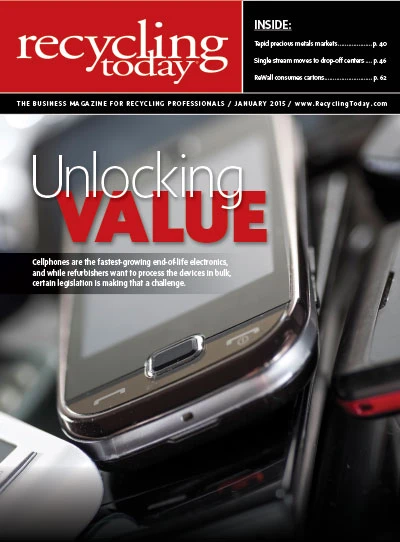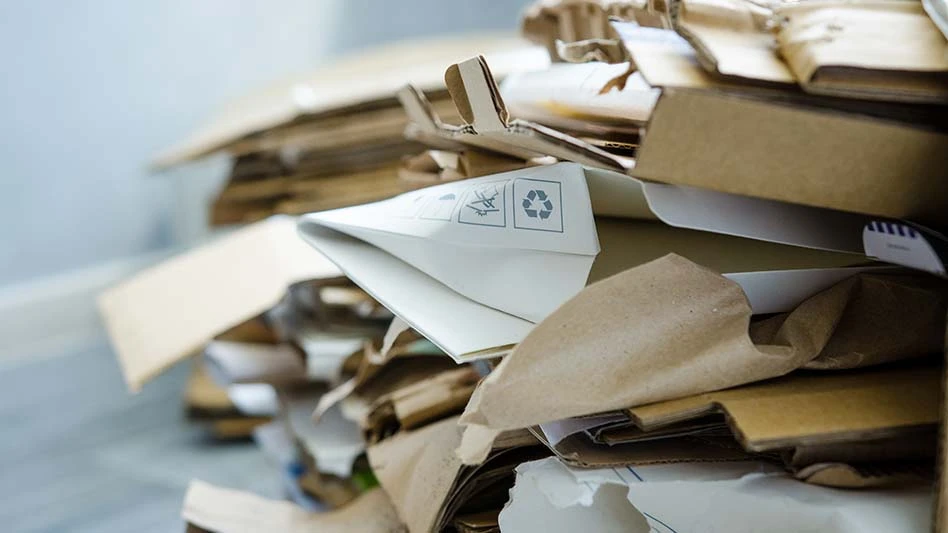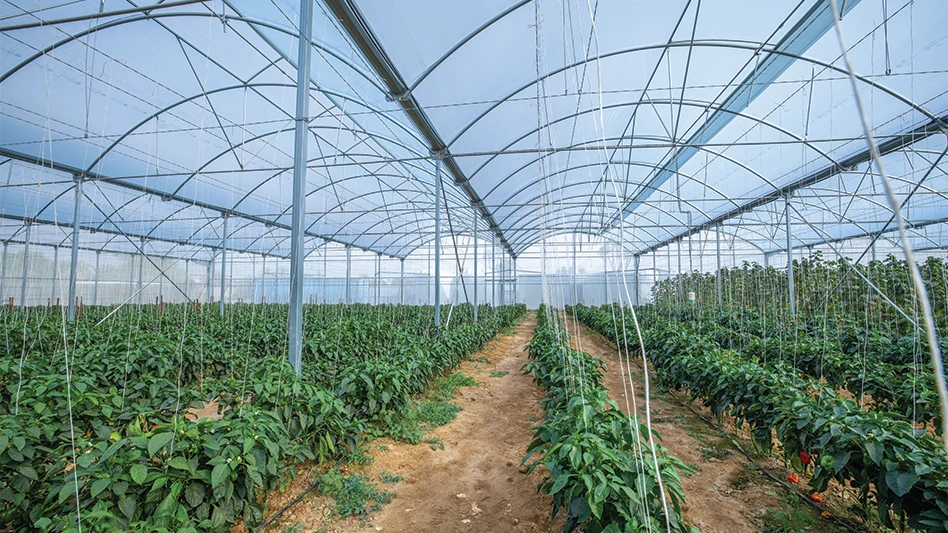|
|
Right before 2014 drew to a close, the U.S. Environmental Protection Agency (EPA) announced that it had finalized its Definition of Solid Waste (DSW) rule, which modifies its 2008 DSW rule designed to protect human health and the environment from the mismanagement of hazardous secondary material while promoting sustainability through the encouragement of safe and environmentally responsible recycling. According to the EPA, it conducted an environmental justice analysis of the DSW rule, examining the location of recycling facilities and their proximity and potential impact to adjacent residents. The analysis identified what the EPA says are “significant regulatory gaps in the 2008 rule” that could negatively affect communities adjacent to third-party recyclers. Minority and low-income populations are disproportionately affected, the agency adds. The final rule addresses these gaps by requiring off-site recycling at a facility with a RCRA (Resource Conservation and Recovery Act) permit or a verified recycler variance, which assures that a facility has the equipment and trained personnel to safely manage the material, has adequate financial assurance, is prepared to respond in case of an emergency and can demonstrate that it does not engage in disposal in the guise of recycling, the agency says. The new verified recycler exclusion includes a public participation requirement for recyclers seeking variances so communities are notified prior to the start of recycling operations. According to the EPA, the final rule affirms the legitimacy of the pre-2008 DSW exclusions, such as the scrap metal exclusion, and does not change the regulatory status of material legitimately recycled under these long-standing exclusions. The agency says the final rule includes a revised definition of legitimate recycling that reaffirms the permissibility of in-process recycling and of commodity-grade recycled products, such as metals. The rule retains the exclusion for recycling under the control of the generator, including recycling on site, within the same company and through certain types of toll manufacturing agreements, which recognizes those generators that follow good business practices by taking responsibility for their recycling and maintaining control of their hazardous secondary materials. The Institute of Scrap Recycling Industries (ISRI), Washington, has announced that its staff, outside attorneys and consultants are reading through the prepublication copy of the final rule, released in December 2014, to assess its affect on the industry. With the advice of its executive committee and DSW Task Force, ISRI says it will formulate an action plan and will provide members with a summary of the rule. You also can look to Recycling Today for more information on the effect of this rule as it becomes available. In the meantime, more information about the rule can be found on EPA’s website at www.epa.gov/waste/hazard/dsw/rulemaking.htm. |

Explore the January 2015 Issue
Check out more from this issue and find your next story to read.
Latest from Recycling Today
- Glass Half Full opens glass recycling facility in Louisiana
- AmpUp partners with Roundtrip EV
- Global Recycling Day event supports Pittsburgh school's recycling efforts
- President signs executive order on critical minerals
- Registration opens for Scrap Expo 2025
- Toyota opens ‘circular factory’ in UK
- Agilyx works with former Plastic Energy CEO on sourcing venture
- 2 factors raise ferrous export questions in April






